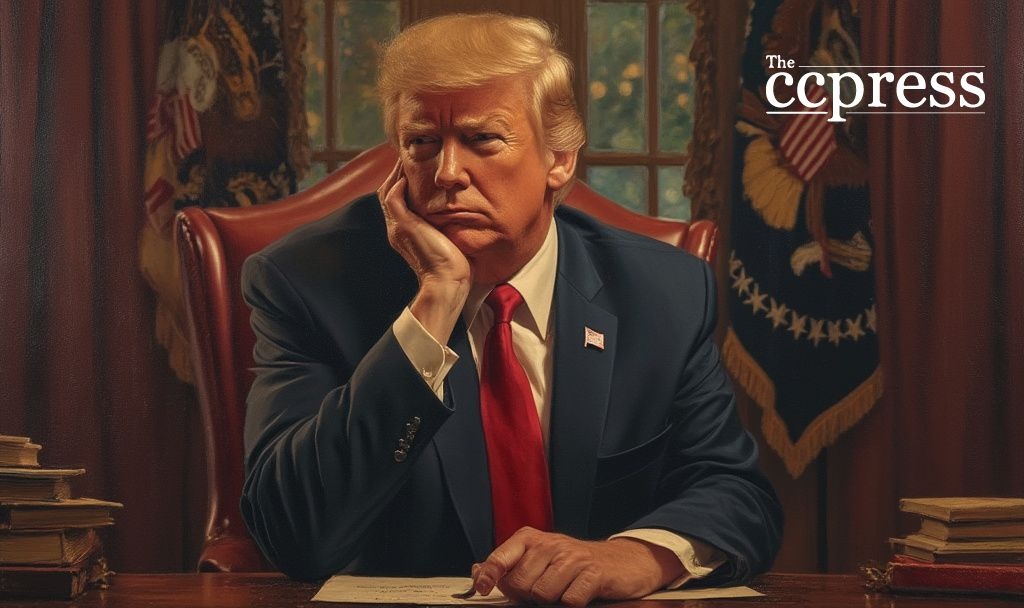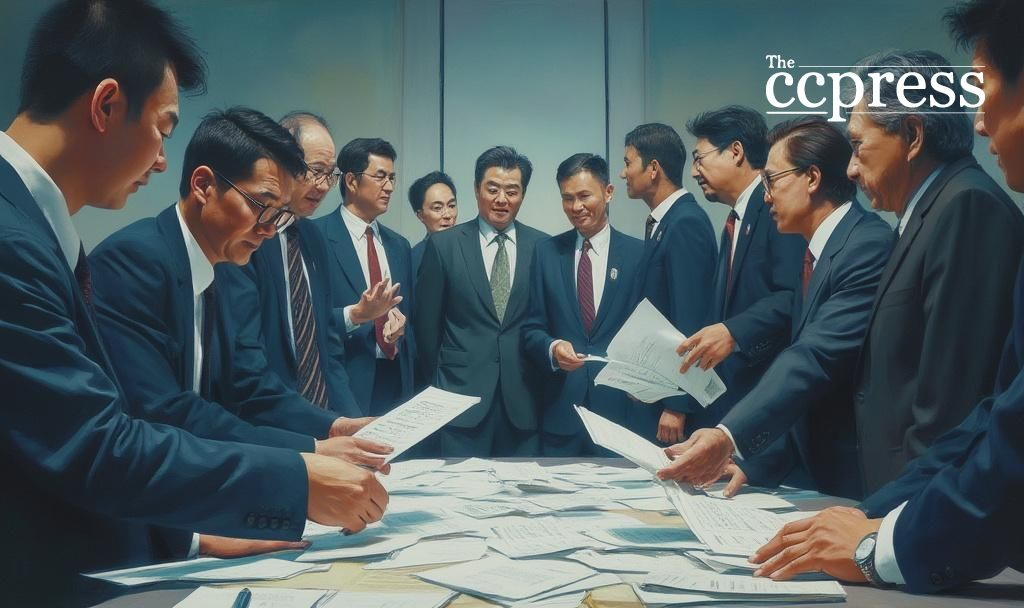- Tariff imposition targets trade deficits, affecting global trade dynamics.
- President Trump enacts tariffs April 2025.
- Potential US-China trade relations impact.

On April 2, 2025, President Donald Trump declared a national emergency to tackle trade deficits. Using his authority under the International Emergency Economic Powers Act, he imposed tariffs to realign trade partnerships.
President Trump’s announcement introduced a 10% baseline tariff, starting April 5, and aims at countries with significant deficits. The measures could specifically influence Chinese trade practices. As President Trump stated, “These tariffs are necessary to level the playing field for American businesses and workers and to address the unfair tariff disparities and non-tariff barriers imposed by other countries.”
The tariffs directly affect businesses reliant on foreign trade. They target specific industries likely changing trade flows and supply chains, with notable impacts on manufacturing.
These measures prompt concerns about economic retaliation from affected countries, leading to political tensions and strategic realignments. Global economic interactions could be significantly altered following these decisions.
China, one of the US’s largest trade partners, may face significant impacts on export dynamics. Trade imbalances are at the core of these tariffs.
Anticipated financial outcomes include potential diplomatic negotiations and shifts in currency values. If history is any guide, tariffs often lead to fluctuations in trade balances and possible regulatory changes.
| Disclaimer: The content on The CCPress is provided for informational purposes only and should not be considered financial or investment advice. Cryptocurrency investments carry inherent risks. Please consult a qualified financial advisor before making any investment decisions. |






























